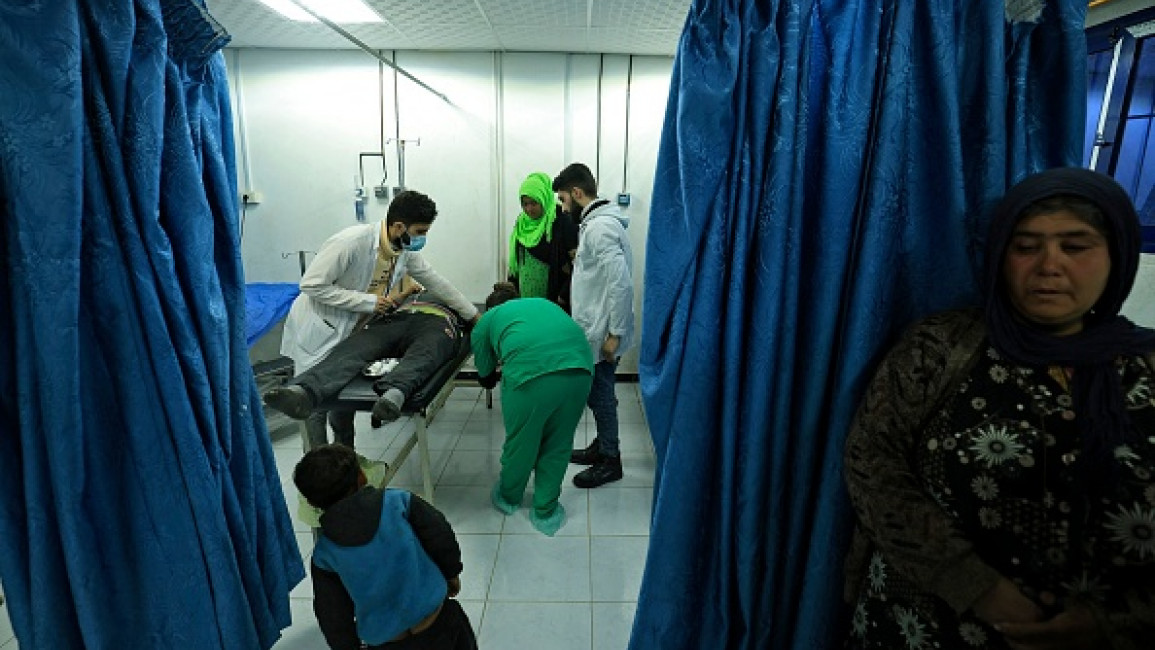Half of healthcare institutions in quake-hit parts of Syria 'out of service', says WHO official
At least half of healthcare institutions are out of action in parts of Syria affected by earthquakes that struck on 6 February, the World Health Organisation's Eastern Mediterranean regional director has said.
More than 1,000 healthcare institutions in the country were at least partially damaged by the series of earthquakes that hit Syria and neighbouring Turkey last week, WHO's Ahmed al-Mandhari said in a televised interview with Al-Jazeera Mubasher aired Friday.
Three hospitals in Gaziantep – one of Turkey’s most affected cities – have been left severely damaged by the quakes, he said.
The earthquake, described by the WHO as Europe’s "worst natural disaster in 100 years", has claimed at least 45,000 lives - more than 5,000 of them in Syria.
Survivors are having to withstand near-freezing temperatures in cold and otherwise inadequate shelter.
Mandhari said it was imperative that bodies still under the rubble soon be retrieved as their decay could increase the chances of outbreaks of disease among survivors.
The International Committee of the Red Cross warned earlier this week that the aftermath of the earthquakes could lead to a "dangerous disease outbreak".
Syrians who have been left homeless by the disaster risk exposure to diseases such as cholera and tuberculosis, if they are not housed permanently and in good time.
In addition to suffering caused by the earthquake, Syrians - particularly those in the northwest - continue to reel from high levels of poverty, economic woes, and displacement caused by the nearly 12-year conflict, which started as a peaceful uprising against regime leader Bashar al-Assad.



